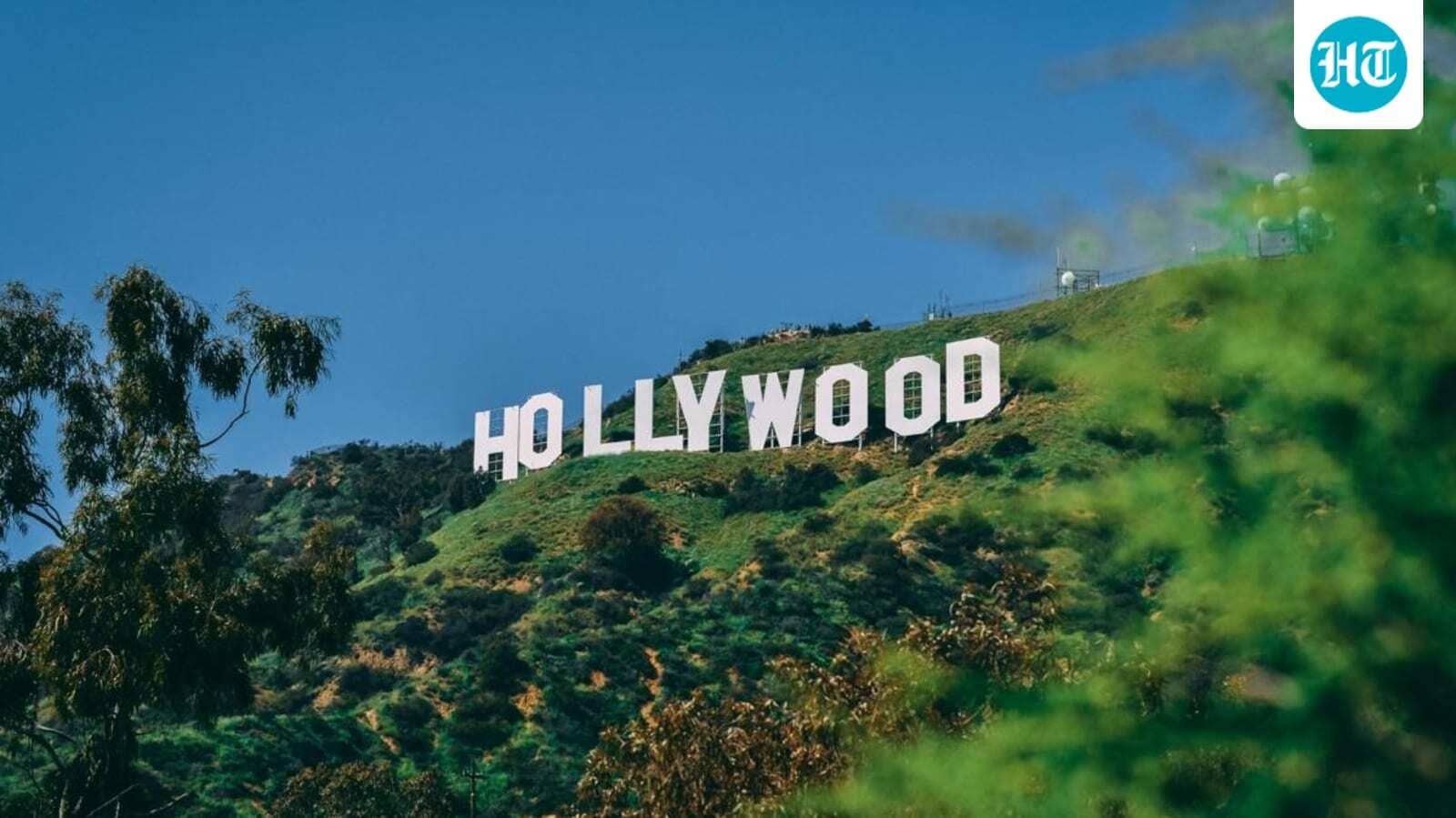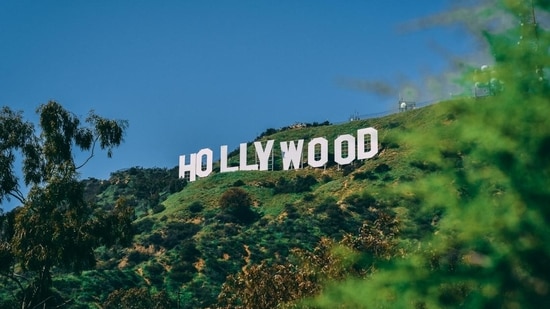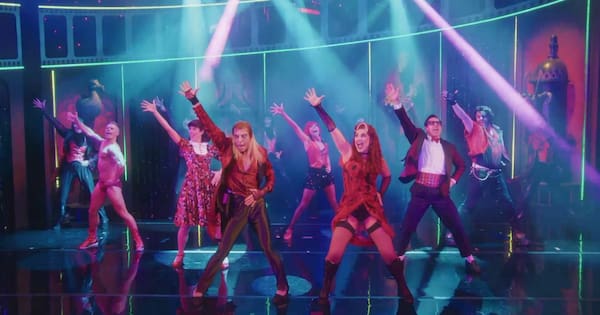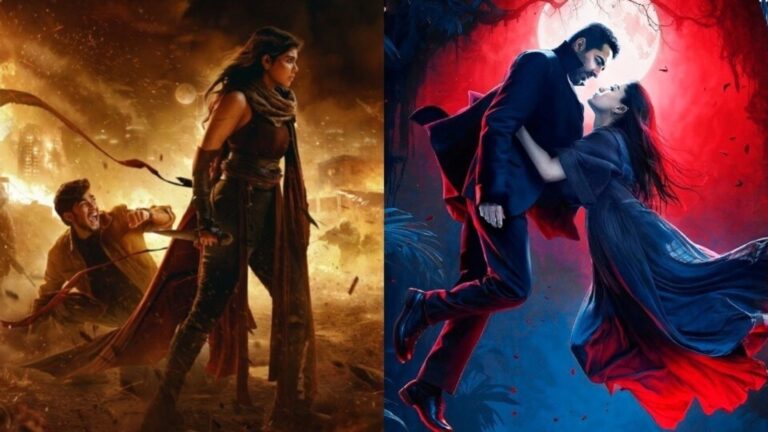Guillermo del Toro: How ‘Frankenstein’ Reflects Modern Truths

Frankenstein is a very truthful movie and it’s about today: filmmaker Guillermo del Toro
In a recent interview, Oscar-winning director Guillermo del Toro emphasized how “Frankenstein” resonates with contemporary themes. He believes this age-old narrative, featuring the scientist and his creation, is not just a relic of the past but a reflection of today’s societal issues.

Del Toro aims to explore themes such as the consequences of war, the tension between scientific advancement and human emotion, and the inability to appreciate differing perspectives.
He remarked, “This is a very truthful movie for me, and it is about today. The issues we face now, such as the role of women in society and war’s devastations, were relevant back in 1818 and remain so today.” The filmmaker identified arrogance in scientific endeavors as a critical component of modern dilemmas.
Del Toro attributes the horror genre’s strength to its ability to reflect the concerns of its time, adding that “we often encounter individuals who believe they possess absolute answers, yet doubt and uncertainty are the bedrock of intelligence.”
The film features Jacob Elordi as the creature and also includes talents such as Oscar Isaac, Christoph Waltz, and Mia Goth. “Frankenstein” is set to hit select theaters on October 17 and will be available on Netflix starting November 17.
Del Toro’s passion for creatures from literature is evident in this adaptation, and he expressed satisfaction in finally bringing one of literature’s most iconic monsters to life. He noted that his previous works like “Pan’s Labyrinth” and “The Shape of Water” laid the groundwork for this ambitious project.
In “Frankenstein,” Victor Frankenstein, driven by an obsession with conquering death, finds himself horrified by his creation. Comparatively, his earlier films tackle complex human emotions and societal flaws, examining themes such as love, tyranny, and the human condition.
Del Toro indicated that his work often emphasizes the need for empathy and understanding, stating, “I am concerned about those who seek certainty. The essence of my films resonates with our imperfections while advocating for kindness and forgiveness.”
As del Toro continues to delve into themes of humanity, he questions the significance of life and death in his narrative. “Why do we die? To live. The realization that he is serving an angel of death is pivotal in my story.” He hopes to convey the complexities of existence through this adaptation of Mary Shelley’s legendary tale.
In doing so, del Toro acknowledges the rich historical context surrounding Shelley’s work, including the influence of the French Revolution and the Napoleonic Wars, which shaped her perspectives.
Overall, “Frankenstein” promises to be a profound exploration of timeless themes, reminding audiences of its relevance even today. With its release just around the corner, what aspects of this iconic tale are you most looking forward to seeing brought to life?





